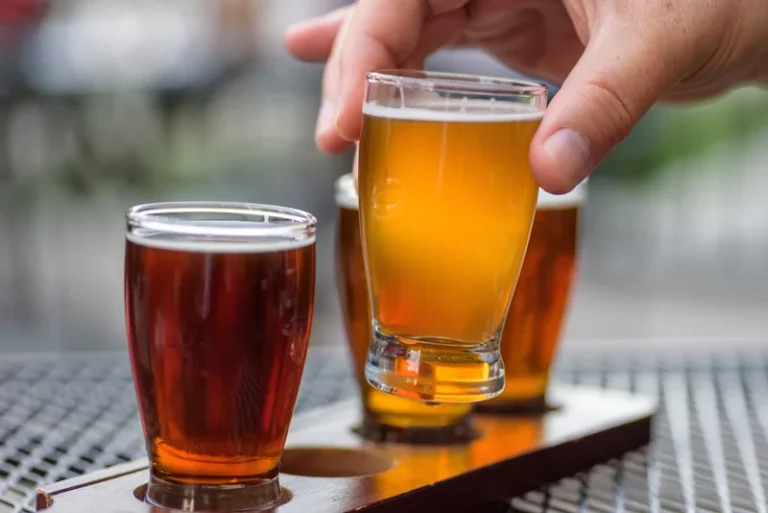
Ria Health offers several FDA-approved medications for alcohol use disorder. When combined with counseling, this approach is proven highly effective. Additionally, about 2 out of 3 Americans report drinking more than this at least once a month. Ideally, though, you want to stay below this range if you want to stay healthy.
Your ticket for the: The Link Between Alcohol and Insomnia

For those seeking addiction treatment for themselves or a loved one, all phone calls are confidential and are available for 24/7 help. Any treatment center receiving calls from the site is a paid advertiser. Calls to numbers on https://ecosoberhouse.com/ a specific treatment center listing will be routed to that treatment center. Calls to any general helpline will be received by The Healing Place, a paid advertiser. Ultimately, no two cases of insomnia are the same, and no treatment plan is right for everyone.
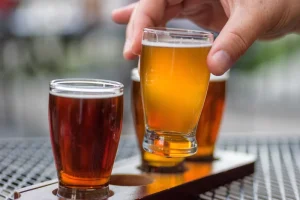
Will a Small Amount of Alcohol Affect My Sleep?
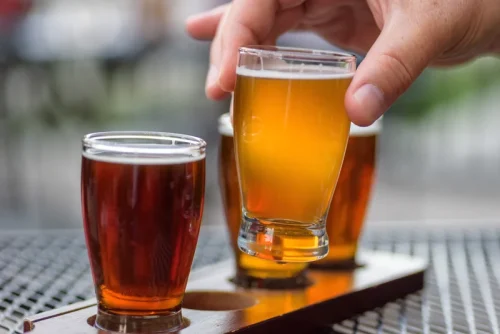
They can provide guidance, support, and additional resources to help you overcome insomnia and improve your sleep quality. While alcohol is often consumed as a way to relax and unwind, it can actually disrupt the natural sleep process. Initially, alcohol may make you feel drowsy and help you fall asleep faster. This sedative effect is due to alcohol’s ability to depress the central nervous system. Besides insomnia being linked to gender, age, medical and psychological disorders, it’s also linked to drug use, and abuse – including alcohol abuse is a leading cause of insomnia. These sleep-disrupting consequences of alcohol consumption are most often found in people who have three or more drinks before sleeping.
- Although alcohol craving is an important aspect of AD, the relationship between them is unclear.
- Alcohol consumption can have a significant impact on sleep patterns and contribute to the development or worsening of insomnia.
- But the truth is, alcohol’s alleged “sleep-enhancing” benefits may not be all they’re cracked up to be.
- Before we proceed, it’s essential to note that the information provided is for general purposes only.
Tips for People Living With Sleep Apnea
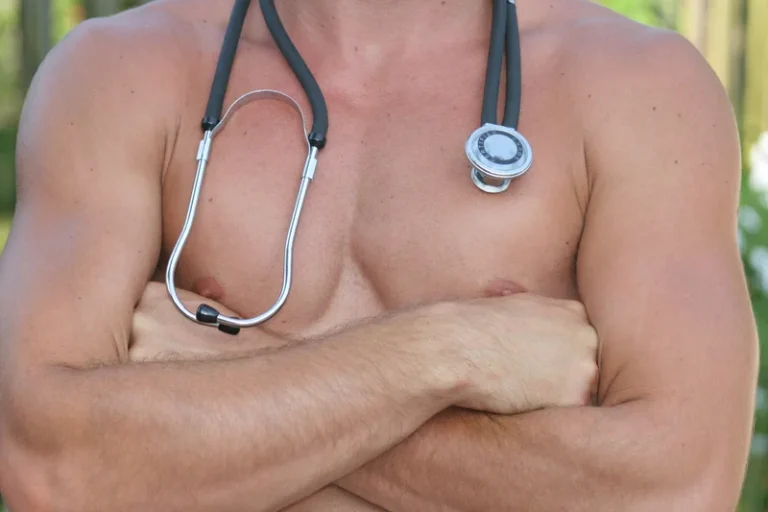
In conclusion, if you’re struggling with sleep problems after drinking alcohol, hypnotherapy can be an effective solution. It works by helping to address the underlying issues that contribute to insomnia and improve your overall sleep quality. By understanding and addressing these underlying conditions, people can receive more effective help for their sleep problems. Treating both the alcohol use disorder and insomnia after drinking any co-occurring mental health conditions can significantly improve sleep quality and overall well-being. This means that treating one issue may also impact your sleep quality. Additionally, while hypnotherapy may help reduce certain mental health symptoms related to alcohol use disorder, there are still risks involved.
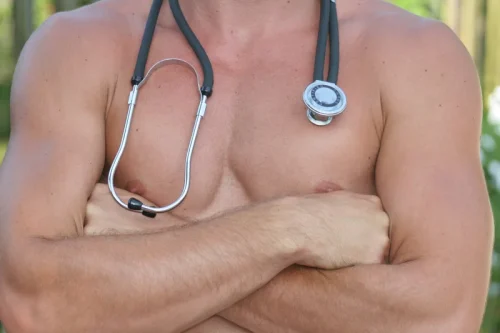
Tips to Cut Smoking Cravings
- Meanwhile, people with OSA who use CPAP should remain aware of other possible effects of alcohol on sleep.
- Alcohol disrupts the balance between light, deep, and REM sleep, which impacts the body’s restorative processes.
- It helps regulate the immune system, supports heart health, and balances hormones.
- But even light drinking close to bedtime has the potential to interfere with sleep.
- Insomnia from alcohol use is pretty common, and studies have shown that anywhere from 36% to 91% of those who are alcohol dependent will struggle with sleep disturbances or insomnia.
Many of us find ourselves tossing and turning at night, trying to get that elusive 7 to 8 hours of sleep experts say we need but never finding it. Answer three questions to understand if it’s a concern you should worry about. Oxford House If left untreated, insomnia can affect an addicted person’s recovery and contribute to relapse. People with co-occurring medical conditions have an even higher risk of developing insomnia and/or substance use disorder.

Recent Comments